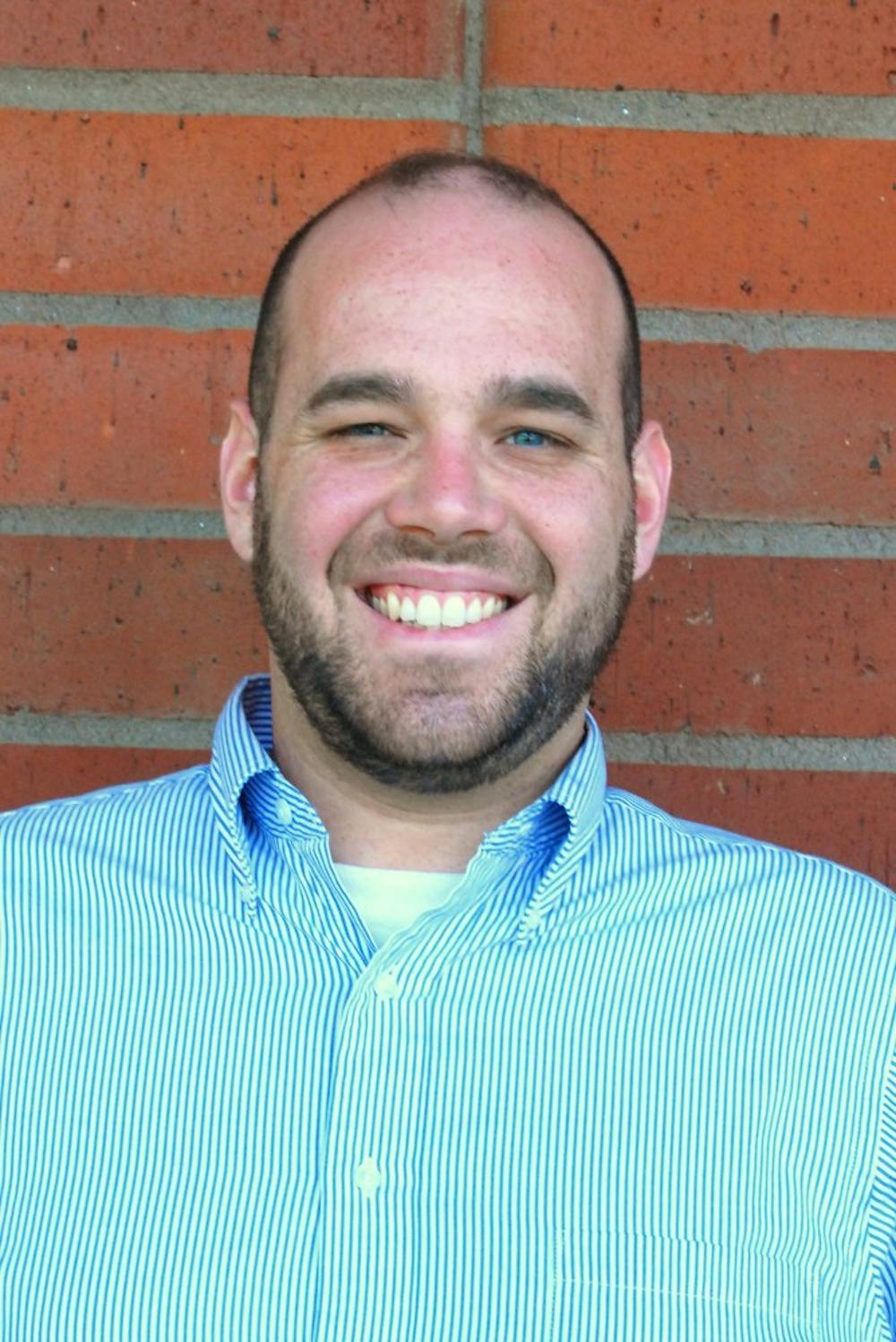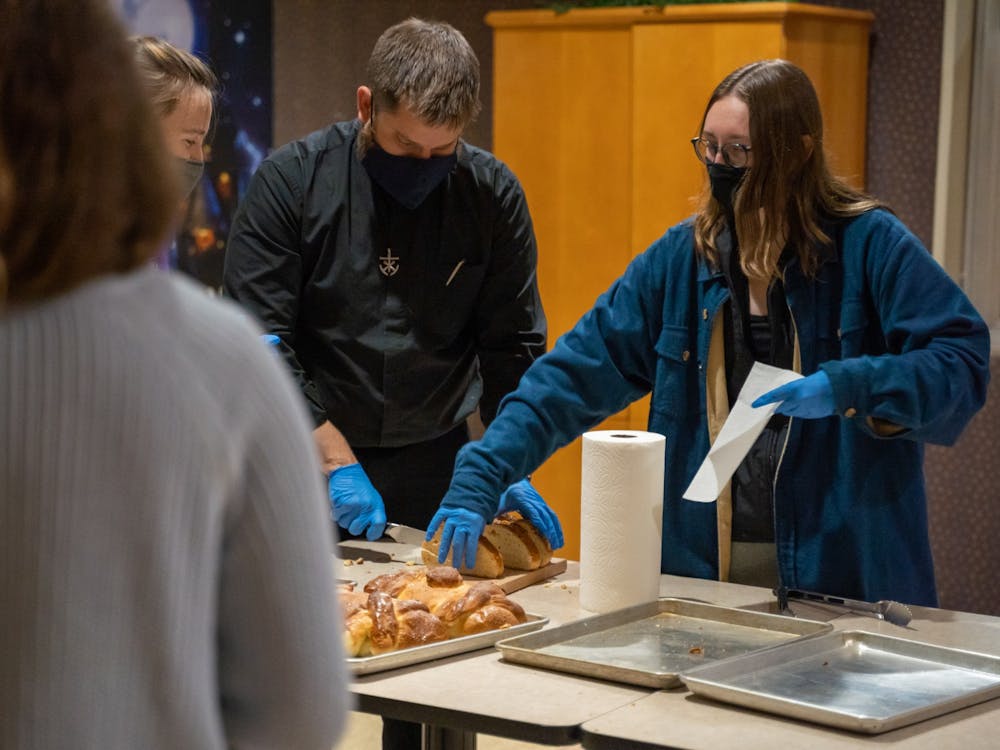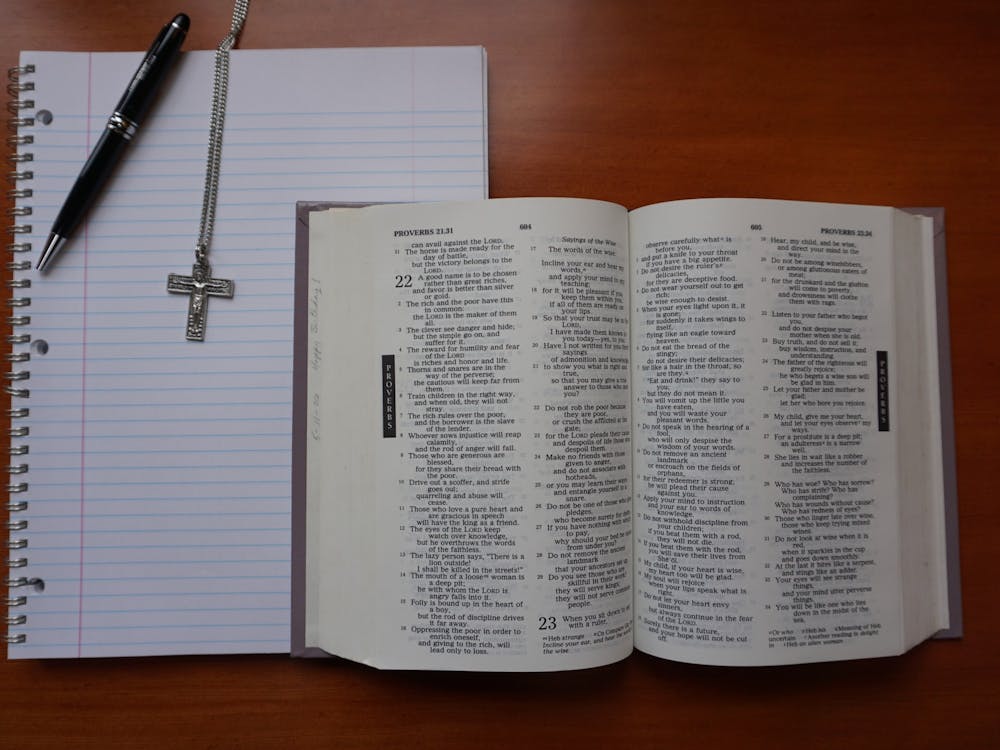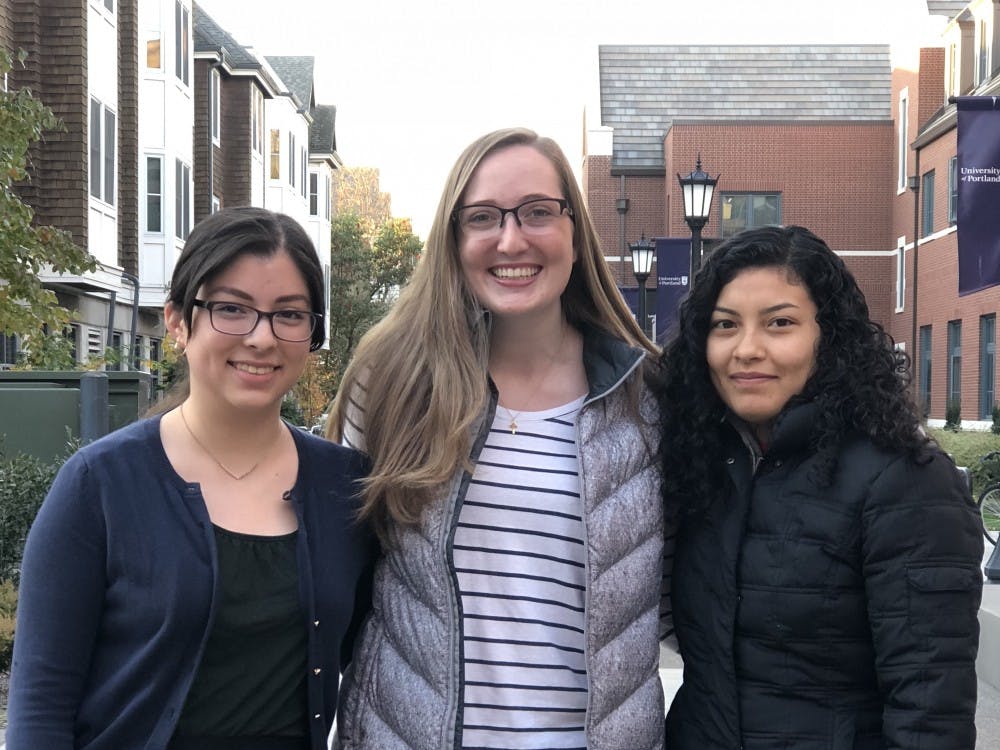Should I let my classmate use my notes? Should I vote Democrat or Republican or not at all? Do I tell my friend’s boyfriend that she’s cheating on him? Should I take sides in my parents’ divorce? What’s the right thing to do?
Moral decision-making is something we do every single day, mostly without even thinking about it. When it comes to most questions, like, whether to pay for one’s food at the Commons, the answer is automatic and obvious. But others, like those above, might be a bit more difficult. In many cases, two perfectly good and decent individuals could make very different choices in response to such moral dilemmas. Not every issue is black and white.
There are an incredible number of complications that impact our decisions, from the mundane to the world-changing. The fact is, there is no rulebook for most of life’s tough decisions.
Some people turn to different ethical or philosophical systems to help them with their choices: religion, psychology, objectivism, virtue ethics, utilitarianism, etc. But no external schema can hope to completely illuminate every single individual’s lifetime of choices.
That’s why we have consciences. Knowing the right thing to do is not, in many day-to-day cases, a matter of reading the rules and choosing accordingly. It is process that requires a great deal of thought, listening and most of all, practice.
How closely are you tuned-in to your conscience? Can you identify the numerous (and sometimes competing) voices of morality that you rely upon?
There are tools available to help each of us sort through the complexities of tough decisions. Taking time to look at your values, your social situation or your personal abilities is not something you have to do alone, although no one can do it for you. As you look at the sources of your own values and the circumstances that come to bear on your decisions, you engage in the process of moral discernment. When done honestly and courageously, this process yields actions that offer us internal peace that even the toughest outcomes can’t destroy.
Catholics believe that each person has a duty to follow his or her conscience. We also believe that there is an objective correct answer to all questions of morality. The problem is that, as mere human beings, we cannot possibly know or control all of the circumstances influencing our choices. Discernment has us look at these circumstances, name them as much as possible, consider the many moral voices in our lives and then, in a leap of faith, make a choice.
If you are interested in learning more about the process of moral discernment, Campus Ministry would like you to attend Moral Discernment: A Workshop. This is an interactive half-day workshop designed provide students with some tools to know how to make good decisions, regardless of the question. The workshop will be on Sunday, Nov. 17 from 12 to 4 p.m. in St. André Bessette Chapel in Tyson Hall. If you would like come, please contact anyone in Campus Ministry. My e-mail address is paz@up.edu. Space is limited, so sign up in advance.








